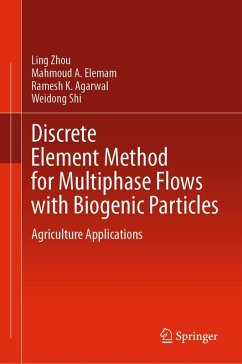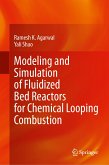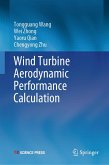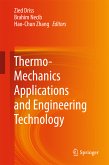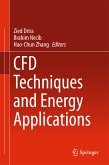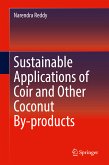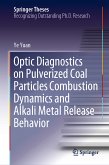This book presents the advanced theory and application of the combined Computational Fluid Dynamics - Discrete Element Method (CFD-DEM) to multiphase flow simulations of the gas and bio-particulate matter of non-uniformly shaped biomass. It explores how DEM can simulate the complex behaviour of biomass particles, such as their packing in the multiphase flows that occurs in the agricultural product processing industries. It offers an overview of aerodynamic systems, such as cyclone separators, used in the agricultural processing industry. A detailed description of DEM modeling, including the particle-particle, particle-boundary, and particle-fluid interactions in the context of biomass particles of varying sizes and shapes, is provided. Coverage includes the critical application of CFD-DEM simulation technology in designing and optimizing grain handling and processing equipment and the application of extended DEM to other granular flows of complex particles like sand, powders, and dust from mines where clumping and agglomeration occur. The application of DEM in modeling and simulation of complex multiphase systems can help improve productivity, reduce costs, and increase efficiency in the agricultural industry.
- Provides state-of-the-art coverage of the discrete element method (DEM) for multiphase flows with biomass particles;
- Offers computational fluid dynamics (CFD) modeling and turbulence models for turbulent multiphase flows;
- Describes granular flow and biomass modeling in aerodynamic systems and cyclone separators in the agriculture industry.
Dieser Download kann aus rechtlichen Gründen nur mit Rechnungsadresse in A, B, BG, CY, CZ, D, DK, EW, E, FIN, F, GR, HR, H, IRL, I, LT, L, LR, M, NL, PL, P, R, S, SLO, SK ausgeliefert werden.

